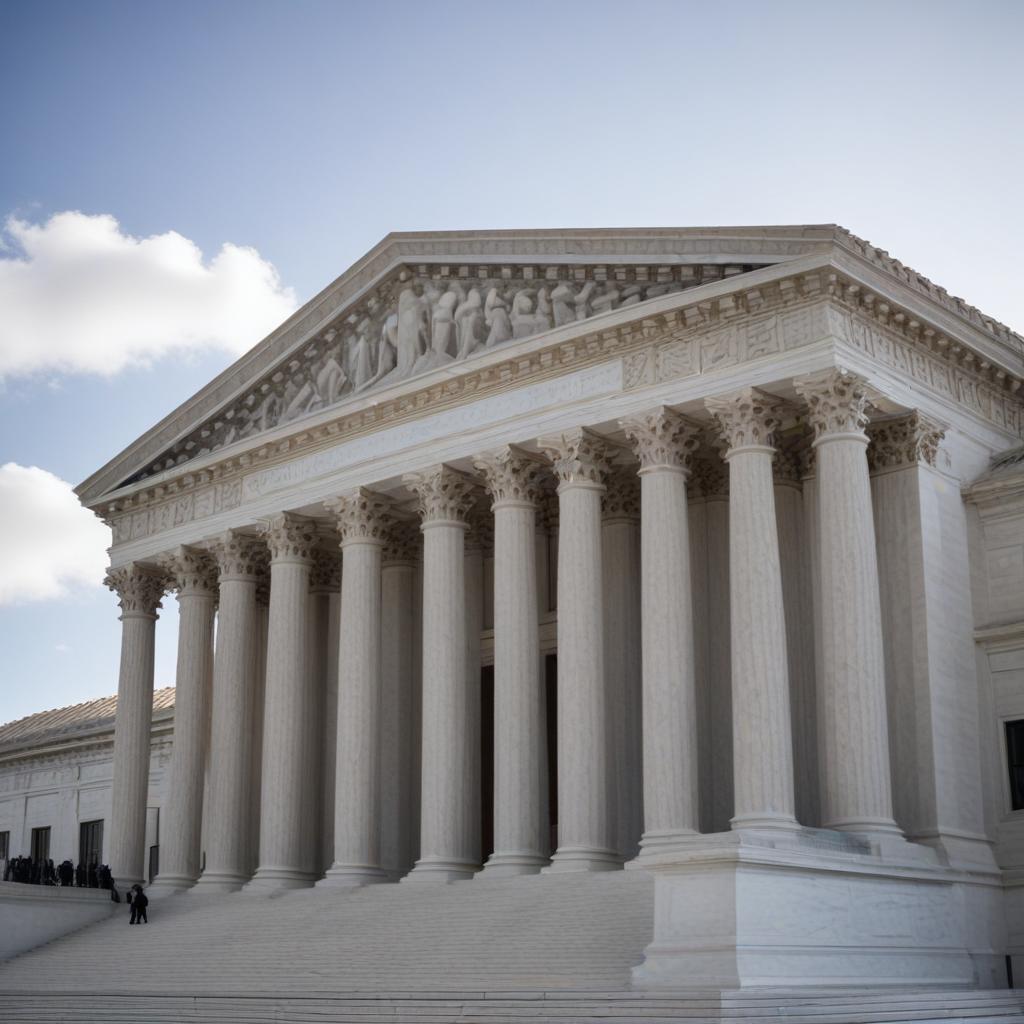The Supreme Court has temporarily halted full SNAP food aid payments during a government shutdown, granting an emergency appeal from the Trump administration. While several states managed to disburse full benefits quickly, Justice Ketanji Brown Jackson's order pauses the requirement for others, causing widespread uncertainty for low-income recipients.
The Supreme Court on Friday granted the Trump administration's emergency appeal, temporarily blocking a court order that mandated full funding for Supplemental Nutrition Assistance Program (SNAP) food aid payments during the ongoing government shutdown. A judge had previously given the Republican administration a deadline to make these full payments. However, the administration sought to suspend this order, advocating for continued partial SNAP payments due to limited contingency funds. Justice Ketanji Brown Jackson issued the order, pausing the requirement for full SNAP payments until a Boston appeals court rules on a more lasting pause. This decision came after the Boston appeals court declined to immediately intervene. Despite the Supreme Court's intervention, officials in over half a dozen states, including Wisconsin, Oregon, Hawaii, California, Kansas, New Jersey, Pennsylvania, and Washington, confirmed they had already issued full November payments to SNAP recipients. These states acted swiftly following a Thursday court order to provide full benefits, with some processing payments overnight to ensure families could buy groceries. The Trump administration criticized these rapid disbursements, stating that states were 'trying to seize what they could' of finite funds, potentially disadvantaging other states. The Solicitor General noted that once funds are disbursed, recovery is difficult. The court wrangling has prolonged weeks of uncertainty for the approximately 1 in 8 Americans, mostly with lower incomes, who rely on the SNAP program. Many recipients, like Jasmen Youngbey of Newark, New Jersey, faced $0 account balances, highlighting the critical need for these benefits, which can be up to nearly $300 for an individual and $1,000 for a family of four.



